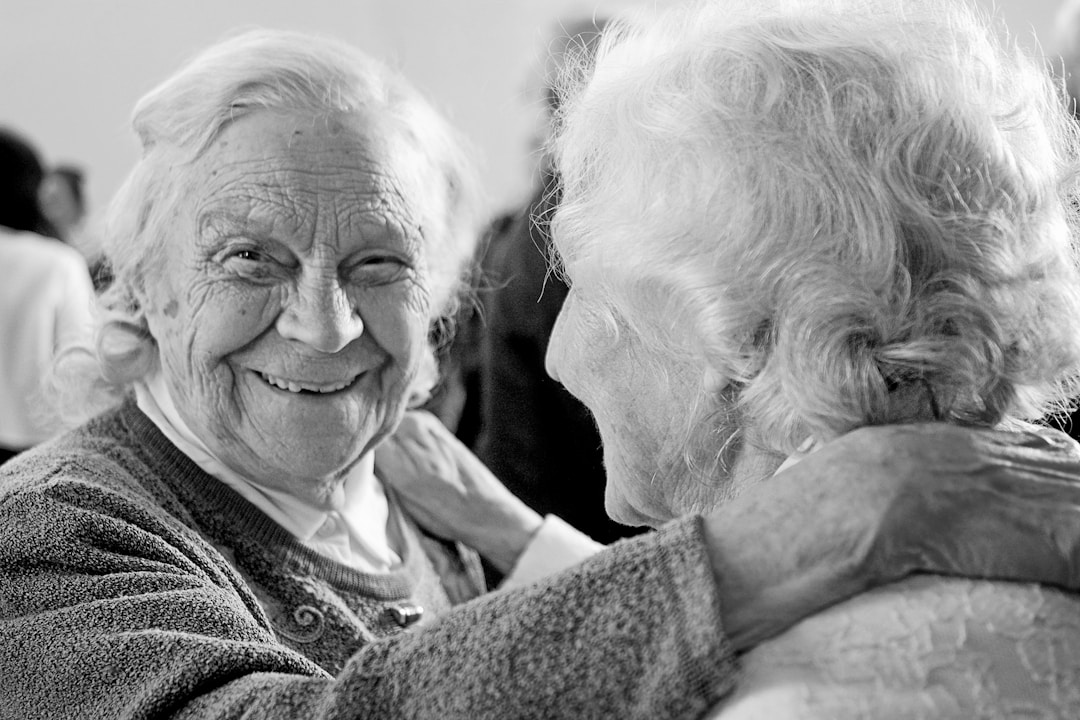NEWS
Exploring the Different Stages of Alzheimer’s Disease and How They Manifest in Behavior and Cognition

Alzheimer’s Disease is a progressive neurological disorder that gradually impairs memory and cognitive abilities, profoundly impacting the lives of those affected and their loved ones. As we explore the various manifestations and challenges of this condition, it is crucial to understand its stages and how each presents its own set of symptoms and caregiving demands. In this article, we delve into the nature of Alzheimer’s stages and uncover the essential information families and caregivers need to navigate this challenging journey.
Understanding Alzheimer’s Disease: A Primer on Progressive Cognitive Decline
Alzheimer’s Disease is more than just memory loss; it’s a progressive brain disorder that slowly destroys memory and thinking skills. Over time, the ability to carry out the simplest tasks becomes compromised. The disease is named after Dr. Alois Alzheimer, who, in 1906, noticed changes in the brain tissue of a woman who had died of an unusual mental illness. Her symptoms included memory loss, language problems, and unpredictable behavior.
Scientists have identified several risk factors for Alzheimer’s, including age, genetics, and lifestyle. Although the disease primarily affects those over 65, it can occur earlier, a condition known as early-onset Alzheimer’s. The cause of Alzheimer’s is not fully understood, but it involves a complex series of brain changes over decades, including the buildup of amyloid plaques and tau tangles and the eventual death of nerve cells.
The Early Signs: Recognizing Mild Alzheimer’s Disease and Its Impact on Daily Life
In the mild or early stage of Alzheimer’s, changes may be subtle but can still affect an individual’s ability to function independently. People with mild Alzheimer’s might experience memory lapses, such as forgetting familiar words or the location of everyday objects. Such difficulties may lead to challenges in planning or organizing, which can become apparent in work or social activities.
At this stage, individuals may also exhibit poor judgment and take longer to perform routine tasks. Although they may still be able to participate in social activities and maintain relationships, the strain on their cognitive abilities starts to become noticeable. Early detection and intervention during this stage are key to managing the disease’s progression.
Navigating Moderate Alzheimer’s Disease: Changes in Behavior and Communication Abilities
As Alzheimer’s progresses to the moderate stage, the disease has a more pronounced impact on cognitive and functional abilities. Individuals may need help with day-to-day tasks and might experience significant confusion, even in familiar settings. Memory loss becomes more prominent, including forgetting personal history or being unable to recognize close relatives.
Changes in behavior are more evident during the moderate stage, where individuals might exhibit mood swings, become agitated, or even wander. Communication becomes increasingly difficult as the individual struggles with language, such as finding the right words, repeating phrases, or creating inventive words to describe familiar items.
The Advanced Stage: How Severe Alzheimer’s Affects Mental and Physical Functioning

Severe Alzheimer’s represents the final stage of this disease, where individuals require extensive care. Cognitive skills continue to deteriorate, and individuals may lose the ability to respond to their environment or carry on conversations. Ultimately, the disease affects one’s ability to control movements, potentially leading to difficulty swallowing and walking.
Due to the profound memory loss associated with severe Alzheimer’s, individuals may no longer recognize their loved ones. While communication becomes limited, it is essential for caregivers to maintain connections with gentle touch and soothing communication, which can still bring comfort and reassurance.
During this stage, care needs are round-the-clock. Assistance with personal care, such as feeding, bathing, and dressing, becomes necessary. Professional care in a residential setting or hospice can provide the necessary support that is difficult to maintain at home.
Coping Strategies and Support for Families Facing Alzheimer’s Disease Progression
Alzheimer’s disease affects not just those diagnosed but also their families and caregivers. Understanding the progression of the disease can help families prepare and adjust to the changes ahead. Establishing a strong support network is critical for care coordination and emotional sustenance.
Legal and financial planning are important early steps in coping with Alzheimer’s, ensuring that the individual’s wishes are respected throughout the disease progression. Many communities offer resources such as support groups, respite care services, and educational workshops that can help families cope with the challenges they face.
It can be incredibly valuable for families to educate themselves on these stages and behavior management techniques to provide effective care. Cognitive stimulation activities, physical exercise, and maintaining social interactions can benefit individuals with Alzheimer’s and improve the quality of care provided.
Overall, Alzheimer’s Disease is a multifaceted and complex journey that requires compassion, knowledge, and patience. By understanding the clinical stages and implementing effective strategies, families can provide the necessary care and support to enhance the lives of those affected by this challenging condition.
Harper Harrison is a reporter for The Hear UP. Harper got an internship at the NPR and worked as a reporter and producer. harper has also worked as a reporter for the Medium. Harper covers health and science for The Hear UP.










